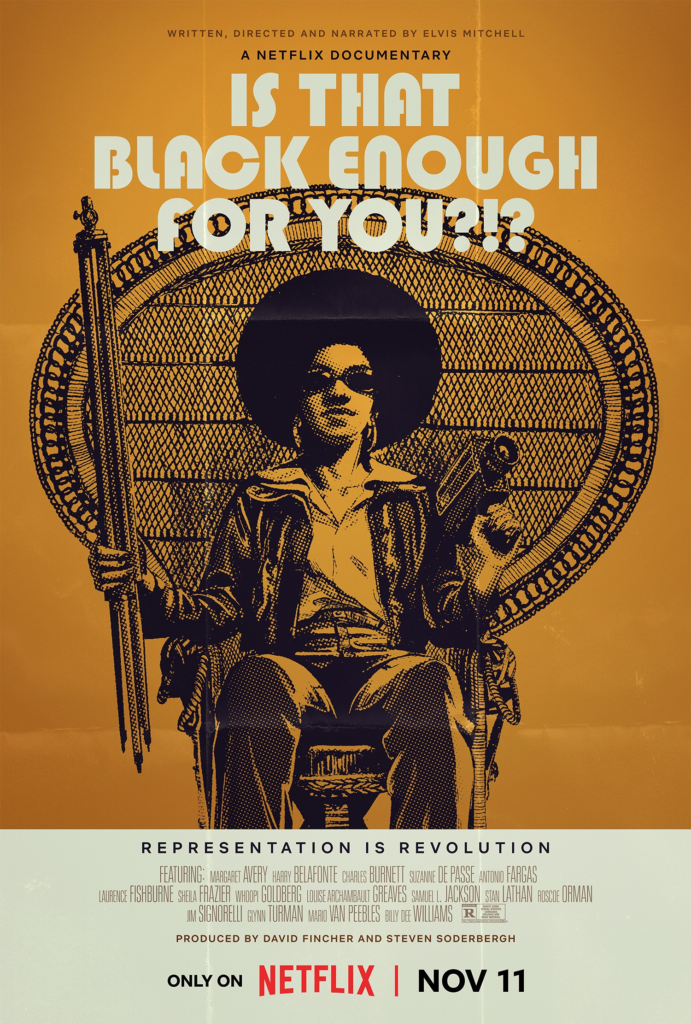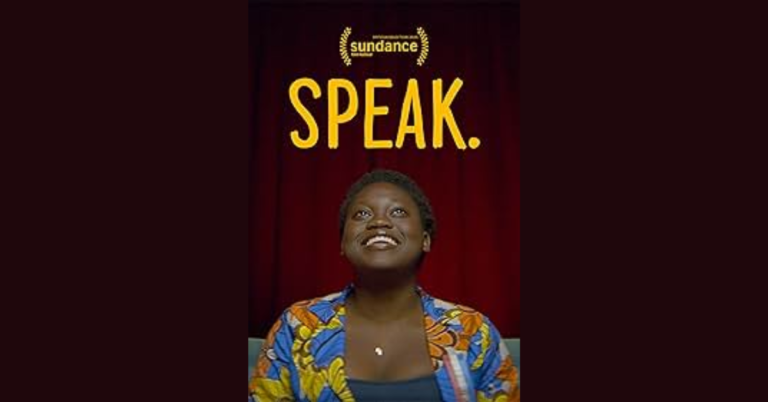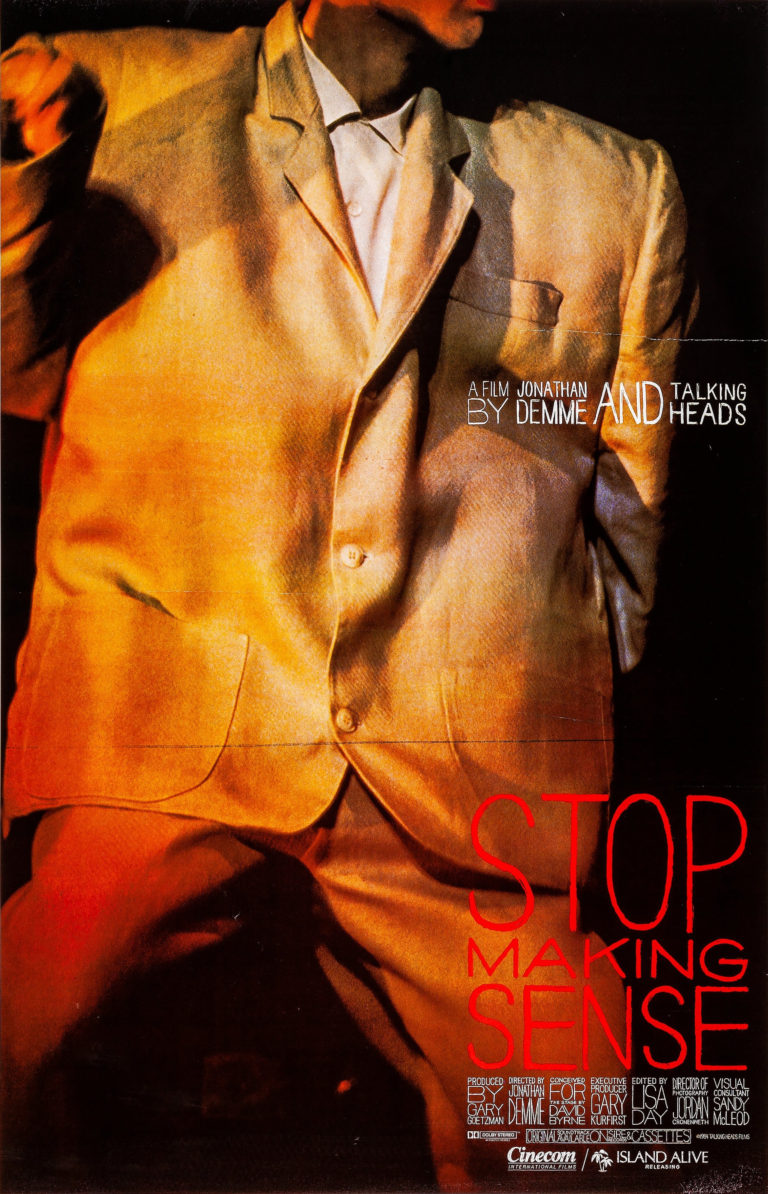Is That Black Enough for You?!? Christian Review

Watching Is That Black Enough for You?!? feels like sitting down with a friend who’s full of stories you’ve never heard but suddenly need to know. Elvis Mitchell, with his warm, rich baritone, pulls us back through time—not just to watch, but to experience what Black cinema meant in the ‘70s and why it still matters today. He’s not just giving us a history lesson; he’s offering us a key to understanding a movement that’s been overlooked for far too long.
The documentary isn’t some surface-level scan of Black movies either. It dives deep, peeling back layers of storytelling, culture, and creativity that feel almost revolutionary to look at through this lens. For the Christian viewer, this isn’t just a documentary about film. It’s a reminder of the diversity of God’s creation, of how much beauty and truth can emerge even when stories are told on the margins.
The Power of Representation: More Than Entertainment
One of the most striking parts of Is That Black Enough for You?!? is how it makes you confront the raw importance of representation. There’s a tension throughout the film between the incredible creativity on display in Black cinema and the painful reality of how these films were sidelined or outright stolen by a predominantly white industry. This tension is real, and it should bother us.
As Christians, we’re called to stand up for the oppressed, for those whose voices have been silenced. Proverbs 31:8-9 tells us to “speak up for those who cannot speak for themselves.” Mitchell’s documentary forces us to consider how we can do better in this area. We need to ask ourselves how we’re supporting the stories that deserve to be told, and how we’re ensuring that those who create them are given the space, recognition, and support they deserve.
This theme of injustice isn’t new to Christian teaching, but seeing it play out in the context of cinema gives it fresh urgency. The injustices faced by these Black filmmakers are a reminder that even in spaces where we think progress has been made, there’s still a long way to go. How can we, as followers of Christ, push for equity in our own spheres? How can we amplify the voices that have been stifled?
A Celebration of Creativity: God’s Gift in Full Display
Creativity is a gift from God, and Is That Black Enough for You?!? is a testament to the immense creative potential that can be found even in the most difficult circumstances. Throughout the documentary, we’re introduced to filmmakers who, despite systemic racism and lack of resources, managed to produce work that was innovative, bold, and undeniably powerful.
For Christian audiences, this is where the film speaks directly to our understanding of who we are as image-bearers of God. In Genesis, we learn that we’re made in the image of a Creator, and part of that image is our ability to create. What Mitchell highlights in these films is nothing short of a celebration of that divine spark within us.
And yet, creativity doesn’t exist in a vacuum. Many of the filmmakers featured in this documentary were working against the grain—pushing back against an industry that didn’t want them or their stories to succeed. This struggle only adds to the beauty of their work. In the same way that God brings beauty from ashes, these filmmakers brought forth incredible art in the face of oppression. Their creativity wasn’t just about entertainment; it was about survival, about speaking truth in a world that didn’t always want to listen.
Lament and Hope: A Journey Through Loss and Celebration
It’s impossible to watch Is That Black Enough for You?!? without feeling the weight of loss. Mitchell makes it clear that after 1978, something vital was lost in Black cinema. The vibrant, rebellious energy of the ‘70s was swallowed up by larger, more commercialized films. For Black filmmakers, this was a devastating blow—a loss of autonomy, of creativity, of space to tell their own stories.
This sense of loss mirrors the Christian practice of lament. Throughout the Bible, we see examples of God’s people crying out in grief, mourning what has been lost. But lament doesn’t mean the absence of hope. In fact, it’s through lament that we often find our deepest moments of connection with God. Is That Black Enough for You?!? doesn’t just leave us in a place of sorrow. Even as Mitchell mourns what was lost, he also celebrates what was achieved. He invites us to rediscover these films, to see them anew and recognize the legacy they left behind.
There’s a message here for the Christian viewer about holding onto hope even in the face of injustice and loss. Just as God promises to restore what has been broken, there’s a sense in this documentary that the legacy of Black cinema isn’t finished. There’s still work to be done, stories to be told, and voices to be heard.
The Challenge of Understanding: A Call to Engage
One of the things Mitchell doesn’t shy away from is the complexity of the subject matter. Is That Black Enough for You?!? is packed with layers of history, culture, and analysis that make it a bit overwhelming at times. This isn’t a casual documentary you can half-watch while scrolling through your phone. It requires you to engage, to think deeply about the material.
For Christian viewers, this kind of intellectual engagement is important. Romans 12:2 tells us to “be transformed by the renewal of your mind,” and that renewal requires effort. We’re called to engage with the world around us, to think critically and deeply about the media we consume and the culture we’re a part of. Mitchell’s documentary offers us an opportunity to do just that.
Final Thoughts: A Film Worth Watching
Is That Black Enough for You?!? is a challenging, insightful, and deeply important documentary. For Christian viewers, it offers not only a window into the history of Black cinema but also a reminder of the biblical principles of justice, creativity, and hope. It calls us to reflect on how we can support those whose voices have been silenced and how we can celebrate the diversity of God’s creation in all its forms.
This isn’t an easy watch, but it’s a necessary one. It pushes us out of our comfort zones and asks us to think critically about the stories we’ve been told—and the ones we’ve been missing.
Rating: 8/10
While the documentary is dense and complex, it offers a rich and rewarding experience for those willing to engage. Its message of justice, creativity, and hope is one that resonates deeply with the Christian faith.







